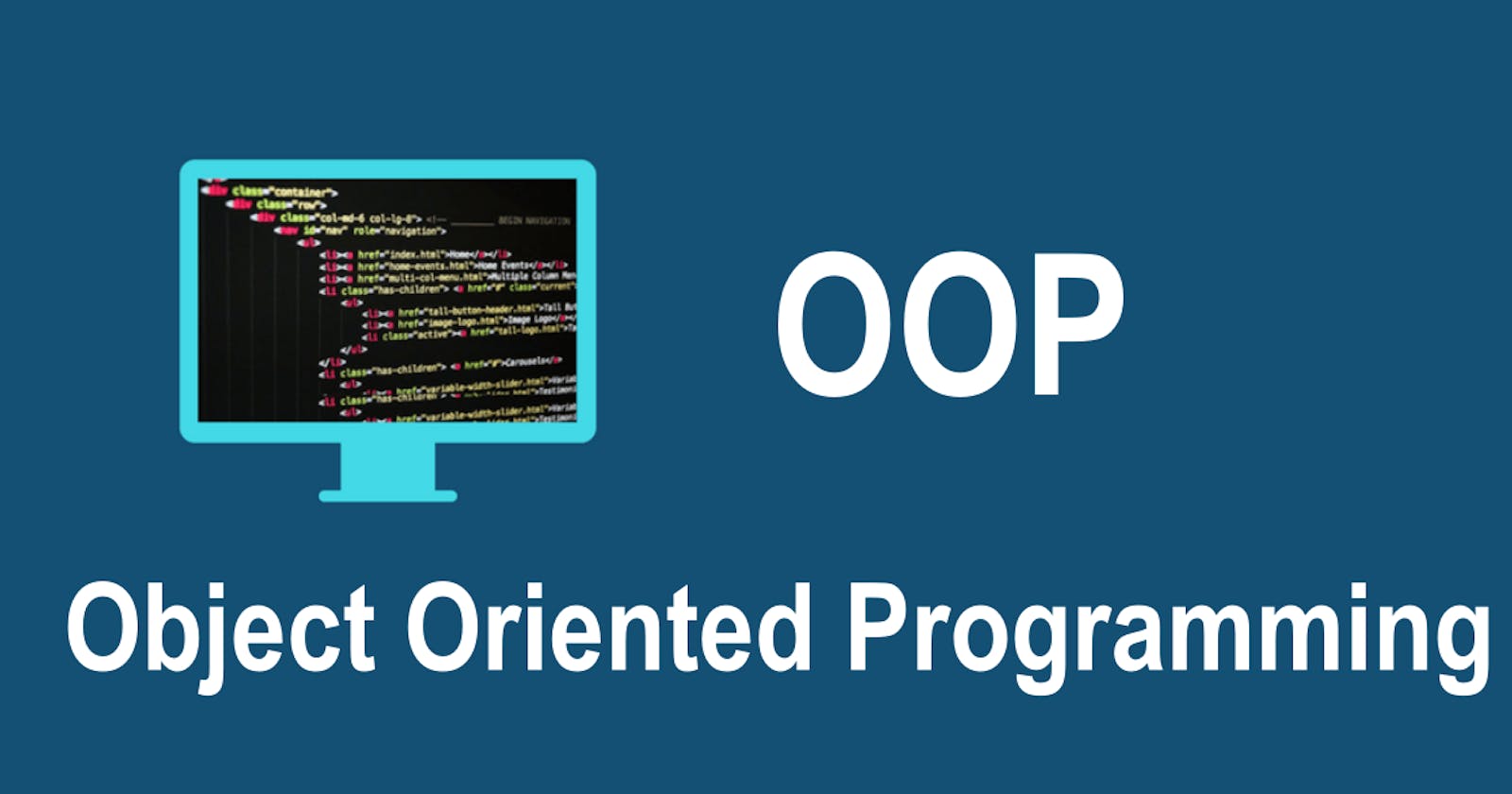Object-oriented programming (OOP) is a programming paradigm that is based on the concept of objects. In OOP, objects are the basic building blocks of a program, and they can be used to model real-world entities, such as cars, people, or buildings. OOP is one of the most widely used programming paradigms, and it is supported by many programming languages, including Java, Python, and C++.
In OOP, a program is organized around objects, which have properties (also called attributes) and behaviors (also called methods). Properties are the characteristics of an object, such as its color, size, and shape. Behaviors are the actions that an object can perform, such as moving, jumping, or speaking.
Objects in OOP are typically created from classes, which define the properties and behaviors of the objects. A class is like a blueprint or a template for creating objects. When an object is created from a class, it is said to be an instance of that class.
One of the key features of OOP is encapsulation, which refers to the idea of bundling the properties and behaviors of an object into a single entity. This means that the inner workings of an object are hidden from the outside world, and the object can only be accessed through its public interface. Encapsulation makes it easier to manage the complexity of a program, and it also promotes code reuse.
Another important feature of OOP is inheritance, which allows classes to be derived from other classes. Inheritance enables the creation of more specialized classes that inherit the properties and behaviors of their parent classes. This can help to reduce code duplication and improve the modularity of a program.
Polymorphism is another key concept in OOP, which refers to the ability of objects to take on multiple forms. In OOP, polymorphism is achieved through method overriding and method overloading. Method overriding allows a subclass to provide a different implementation of a method that is already defined in its superclass, while method overloading allows multiple methods with the same name to coexist in a class, as long as they have different parameter lists.
There are many benefits to using OOP in software development. One of the main benefits is that OOP can make it easier to design, develop, and maintain complex software systems. OOP can also promote code reuse and modularity, which can make it easier to manage the complexity of a program. Additionally, OOP can be used to model real-world systems in a more natural and intuitive way, which can make it easier to understand and maintain the code.
In conclusion, object-oriented programming is a powerful and flexible programming paradigm that is widely used in modern software development. OOP is based on the concept of objects, which are the basic building blocks of a program. OOP provides a number of important features, such as encapsulation, inheritance, and polymorphism, which can make it easier to design and maintain complex software systems. Whether you are a beginner or an experienced programmer, OOP is a valuable tool that can help you to create more efficient, effective, and maintainable code.
